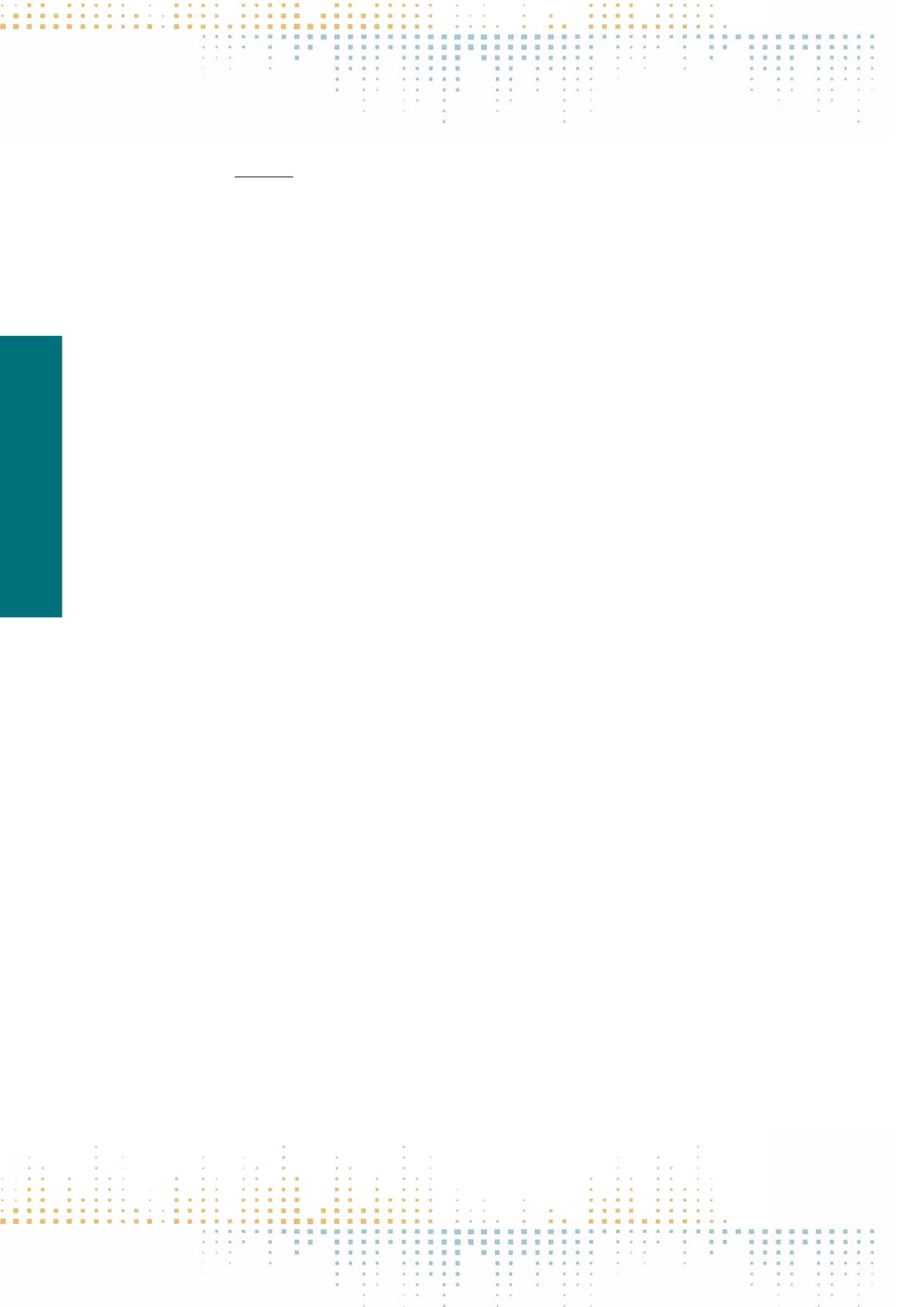

320
Friday, November 11
1 4 : 3 0 – 1 6 : 0 0
PS 086
Social Control Outside the Newsroom? Socialization and Professional Values of Freelance Journalists
M. Skovsgaard
1
, A. van Dalen
1
1
University of Southern Denmark, Centre for Journalism, Odense M, Denmark
Journalism is generally seen as a profession, although journalists are not licensed, and new journalists do not need to pass a test to join. Instead journalism
is seen as a profession because journalists have a strong professional identity, adhere to similar routines and work according to a common set of ethical
norms. This professional identity is shaped through the daily interaction with their peers, in newsroom meetings and informal settings. Through these day
to day contacts within the newsroom journalists socialize into the profession. The changing nature of news work challenges the role of social control within
the newsroom. Around Europe, journalistic work is increasingly done by freelance journalists, who are often working independently away from the news‑
room. This potentially changes the journalistic socialization process fundamentally. Therefore, the essential question which this paper asks is: How do free‑
lance journalists socialize into the profession, and do they have the same professional identity as non-freelance journalists? In order to study this question,
we combine theoretical insights from the sociology of news production, professionalization literature and recent studies on the changing nature of news
work. Empirically, we draw upon a representative survey among 1362 Danish journalist, including both freelancers and non-freelancers. All journalists an‑
swered questions about their job situation, formal and informal contact with peers and adherence to professional norms, like objectivity, the watchdog role
conception and ethical standards. The survey shows that freelance journalists have significantly less contact with peers, receive less feedback, and are less
likely to receive formal training than non-freelance journalists. This translated into different role conceptions and professional values. Freelance journalists
who are organized in collectives form an exception, as they are as likely to have social contact as non-freelancers. The implications for freelancers, news
organizations and the journalistic profession are discussed. The results challenge common knowledge about social control in the journalistic profession. If
the trend towards more freelance work continues, this might ultimately have negative effects on the professional status of journalists.



















